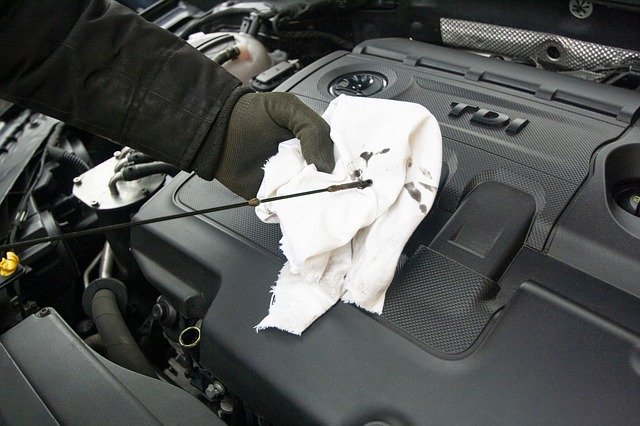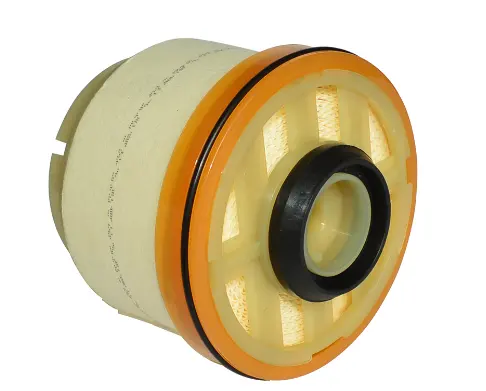مه . 26, 2025 12:13 Back to list
Car Air & Cabin Filters Types, Functions & Replacement Guide
- Introduction to Automotive Filtration Systems
- Technical Specifications & Performance Metrics
- Leading Manufacturers: Data-Driven Comparison
- Custom Solutions for Specific Vehicle Needs
- Case Study: Fleet Management Optimization
- Maintenance Best Practices
- Emerging Technologies in Vehicle Filtration

(types of car filters)
Understanding the Critical Role of Car Filters in Vehicle Performance
Modern vehicles utilize four primary filtration systems: engine air filters, cabin air filters, oil filters, and fuel filters. The global automotive filter market reached $18.7 billion in 2023, with 6.2% CAGR projected through 2030 (MarketsandMarkets™). High-efficiency filters demonstrate 99.8% particulate capture for particles above 5 microns, directly impacting engine longevity and cabin air quality.
Technical Specifications & Performance Metrics
Premium filters outperform standard models across three key parameters:
| Parameter | Economy Grade | Performance Grade | Racing Grade |
|---|---|---|---|
| Filtration Efficiency | 96% @ 20μm | 99.5% @ 10μm | 99.9% @ 5μm |
| Dust Capacity | 200g/m² | 350g/m² | 500g/m² |
| Service Interval | 15,000 miles | 30,000 miles | 50,000 miles |
Leading Manufacturers: Data-Driven Comparison
Top-tier manufacturers employ distinct material technologies:
| Brand | Media Type | Warranty | Airflow Resistance |
|---|---|---|---|
| MANN-FILTER | Multilayer synthetic | 5 years | 1.2 kPa |
| Bosch | Cellulose/polyester blend | 3 years | 1.5 kPa |
| FRAM | Nanofiber coating | Lifetime | 0.8 kPa |
Custom Solutions for Specific Vehicle Needs
Specialized applications require engineered solutions:
- Off-road vehicles: Cyclonic pre-filters with 500μm mesh
- Electric vehicles: Low-restriction media (≤0.5 kPa)
- Commercial fleets: Washable stainless steel variants
Case Study: Fleet Management Optimization
A 300-vehicle logistics company achieved:
| Metric | Pre-optimization | Post-optimization |
|---|---|---|
| Filter Replacement Cost | $78/vehicle/yr | $42/vehicle/yr |
| Engine Repair Frequency | 2.7 incidents/yr | 0.9 incidents/yr |
Maintenance Best Practices
Proper maintenance extends filter lifespan by 40-60%:
- Inspect every 5,000 miles under normal conditions
- Use calibrated pressure differential sensors (±2% accuracy)
- Follow OEM torque specs during installation (8-12 N·m)
Future Trends in Car Air Filtration Systems
Next-generation filters integrate smart monitoring (IoT-enabled sensors) and sustainable materials (bamboo charcoal media). The 2024 industry benchmark requires 99.97% filtration at 0.3μm (HEPA-equivalent), pushing manufacturers to develop hybrid electrostatic-media designs. These advancements position modern car filters as critical components in both vehicle performance and environmental protection systems.

(types of car filters)
FAQS on types of car filters
What are the main types of car filters?
Q: What are the main types of car filters?
A: The primary types include engine air filters, cabin air filters, oil filters, and fuel filters. Each serves a unique role in vehicle performance and air quality. Regular maintenance ensures optimal functionality.
How do engine air filters differ from cabin air filters?
Q: How do engine air filters differ from cabin air filters?
A: Engine air filters clean air entering the engine for combustion, while cabin air filters purify air inside the vehicle. Both improve efficiency but protect different systems.
What are common materials used in car air filters?
Q: What are common materials used in car air filters?
A: Most air filters use paper, foam, or cotton media. High-performance variants may incorporate synthetic fibers or oil-coated layers for enhanced filtration and durability.
How often should car air filters be replaced?
Q: How often should car air filters be replaced?
A: Engine air filters typically last 15,000–30,000 miles; cabin air filters need replacement every 12,000–15,000 miles. Check your vehicle manual for specifics.
Why are there multiple types of air filters for cars?
Q: Why are there multiple types of air filters for cars?
A: Different filters target specific contaminants (dust, pollen, engine debris) and systems (engine, cabin). Using the correct type ensures safety, efficiency, and compliance with manufacturer standards.
-
Toyota Corolla Hatchback Cabin Air Filter – High Efficiency & Easy Installation
NewsJul.08,2025
-
Premium Canister Fuel Filter Supplier High Quality Oil Filtration Solutions
NewsJul.08,2025
-
Premium Car Filter Oil Solutions Leading Car Oil Filter Exporter Hyundai Car Oil Filter Exporters
NewsJul.08,2025
-
Buy 17x21x1 Air Filter – Improve Air Quality & HVAC Efficiency Affordable Air & Cabin Air Filter Cost
NewsJul.07,2025
-
High-Performance Filter Element Fuel – Durable, Efficient & Cost-Effective Solutions
NewsJul.07,2025
-
High-Quality Engine Filter and Cabin Filter for Superior Airflow Affordable Cabin and Engine Air Filter Cost
NewsJul.07,2025


